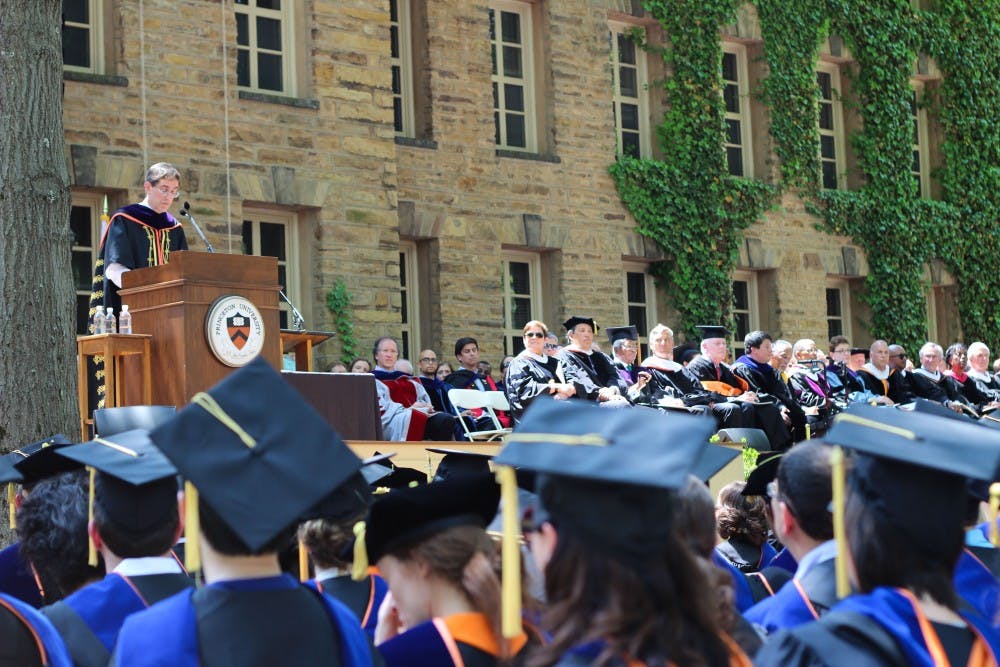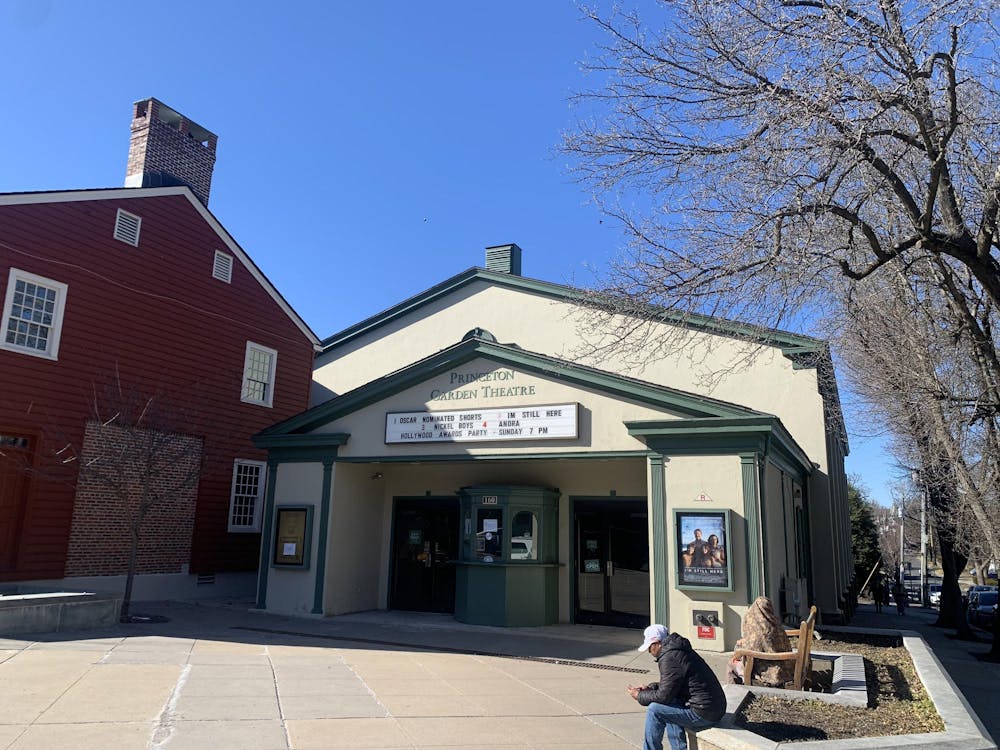Today, the Class of 2020 attended its virtual commencement. Tomorrow, it will enter a world plagued by uncertainty, fear, and a national unemployment rate of 14.7 percent. Last September, the university’s seniors may have thought they had little to learn from members of the Class of 2009. Now, that class seems the one best equipped to offer them comfort, commiseration, and some creative coping strategies.
When Chloe Angyal and Brittney Mmutle graduated from the University in June 2009, they found themselves entering the worst job market the country had seen since the Great Depression.
“It was a super high pressure environment, in which everyone was scrambling a bit more than usual,” said Mmutle of her senior year. “It just felt like, ‘if I don’t get things right now, I don’t know what it’s going to look like. I’m going to feel like a failure.’”
These worries didn’t hold her back. Rather than take a defensive route, Mmutle pushed herself to go on the offensive, to act aggressively in order to take advantage of the unpredictability.
“This was — well, then — an unprecedented time. It felt like a good time to take risks and seek new challenges, in a way that I probably wouldn’t have if everything had felt more stable.”
Mmutle took a teaching job in South Korea the summer after graduation. That hadn’t been her original plan, but she credits it as her “last hurrah” of exploration before settling into a career in nonprofit fundraising. Now, she works at the Museum of Science and Industry in Chicago as a Campaign Project Manager.
Angyal expressed similar sentiments about her thought process as she entered the workforce.
“I thought, ‘well this is the worst economy in years. Why not give myself the hardest task?’”

Deferring her graduate school acceptance, she moved to New York to try her hand at freelance journalism.
The depressed economy hit media industries particularly quickly and particularly harshly — even with the extraordinary financial boon of a graduation gift from her grandmother, Angyal’s journey was by no means easy. She took a part time job as “the world’s worst administrative assistant,” became a barely-paid intern at journalism startups, and wrote as much as she could in the time remaining.
Both alumnae demonstrated impressive resolve when faced with bad odds: by “skipping the country,” as Mmutle put it, or deciding to pursue Angyal’s dream career, they placed themselves on paths to success. But neither strategy rendered them immune to the anxieties and pressures of leaving college in a time of mass uncertainty.
Angyal described her sense that there were only three widely recognized and accepted paths out of Princeton: “finance, grad school, Teach for America — end of list.” She’d applied to graduate school in the fall of 2008 largely out of anticipation for the economic conditions she knew she would have to face the next year.

“Understandably, I felt a lot of anxiety about not being on one of those very well-trod, clearly mapped out paths,” she recalled. “I think I would have been okay with that uncertainty, if not for the recession.”
Mmutle also cited high expectations for graduating University seniors as one of the biggest challenges.
“There’s all this pressure to perform well,” said Mmutle, “and to be in the nation’s service and in the service of humanity — and what does that even mean? I’m 21.”
“Times of challenge really force you to think harder about these things,” she added.
And for the Class of 2020, this is certainly one such time. Anonymous posts on Tiger Confessions ++, a private Facebook group frequented by students, which currently has around 3,650 members, and notices from the Center for Career Development alike have described job offers being rescinded en masse. When the seniors graduate, many may not know what the next few months hold.
But as Angyal and Mmutle can testify, this isn’t the first time in recent history that the prospects for the graduating class have seemed bleak. Both had wisdom to impart to the seniors today from their own experiences.
In the words of Angyal: “The further you get from graduation, the fewer fucks you give about whether your narrative makes sense.”
It is essential, she added, that seniors give themselves “permission to take a winding road out of Princeton.” There is no one correct way to leave college — she wishes someone had reminded her of this ten years ago.
Moreover, while graduating from Princeton does come with certain expectations, it also garners huge advantages, that Mmutle noted can be easy to overlook. The infamously strong alumni network is “real,” she said, and continues to be a resource through times of crisis.
Though the economic consequences of a pandemic are not the same as a housing crisis, Mmutle stressed, “the core uncertainty that exists is the same.” As is the fact, she reiterated, that these conditions are beyond anyone’s control — and that can be a source of relief and comfort.
“Take a deep breath,” she said. “Have a moment of self compassion.”








